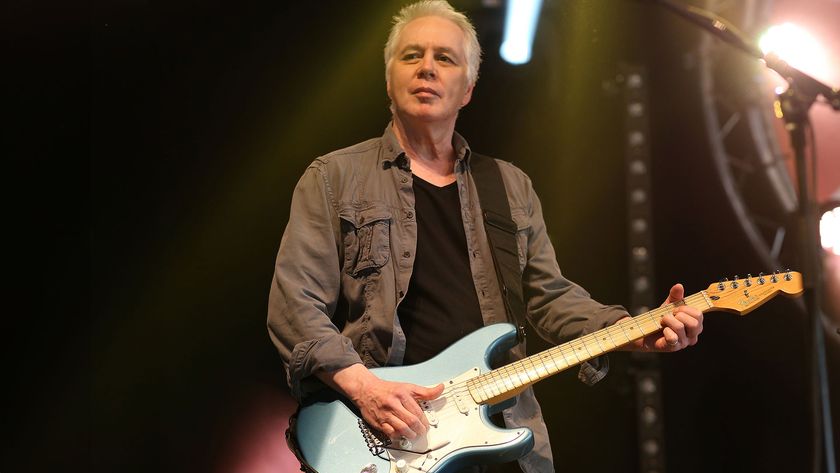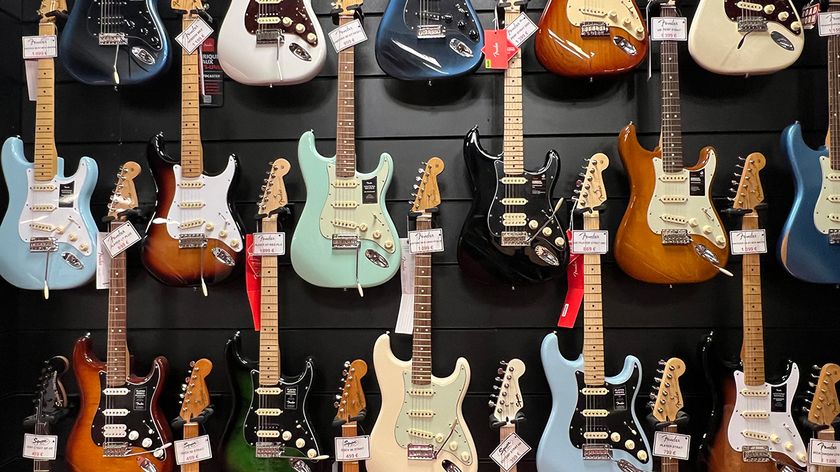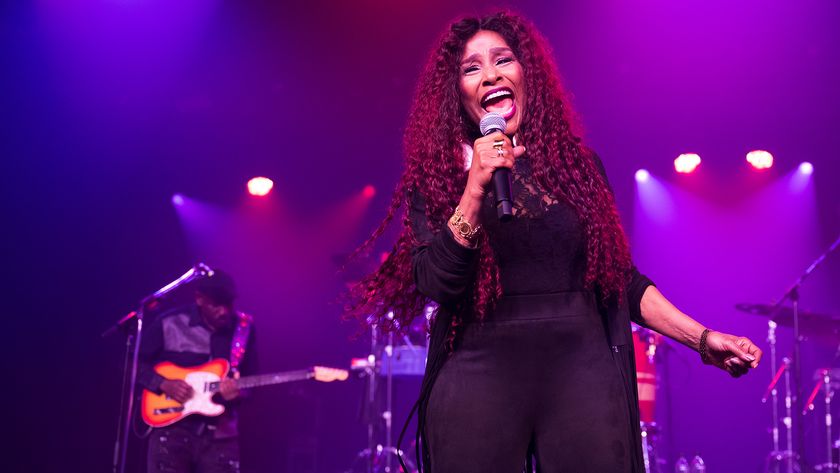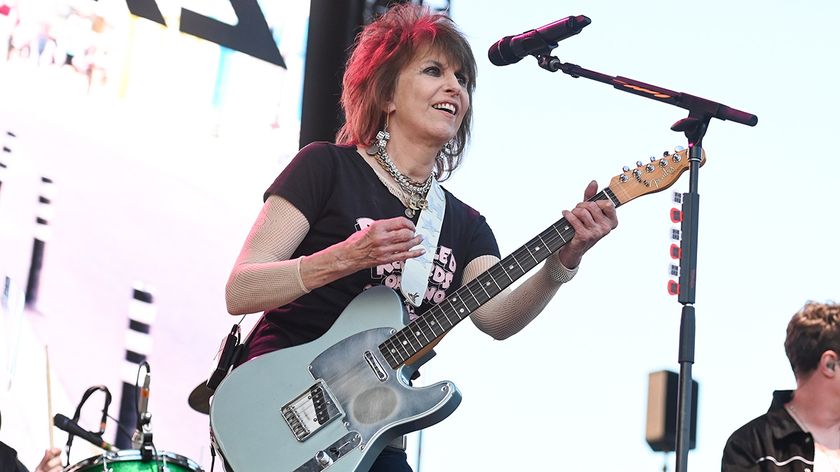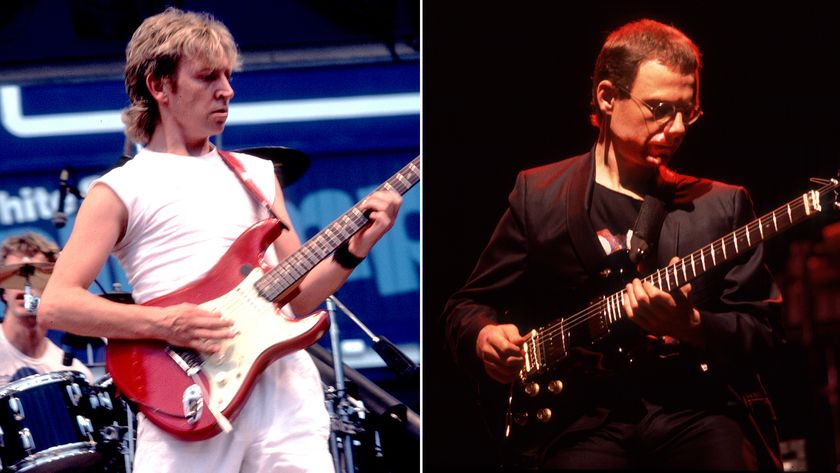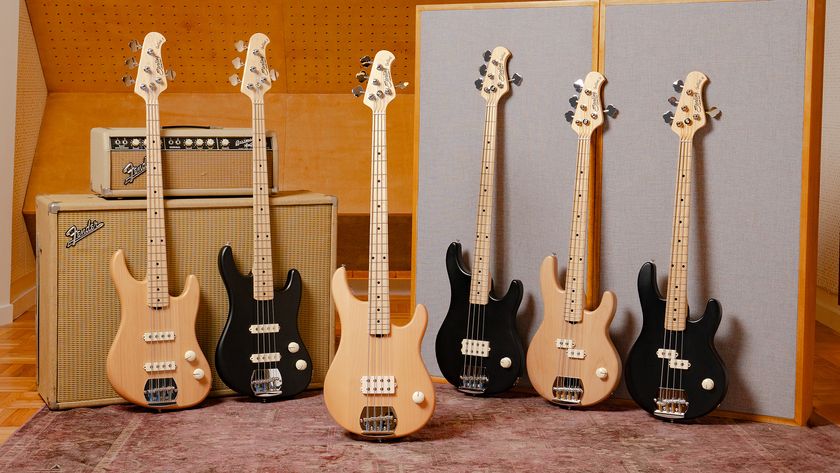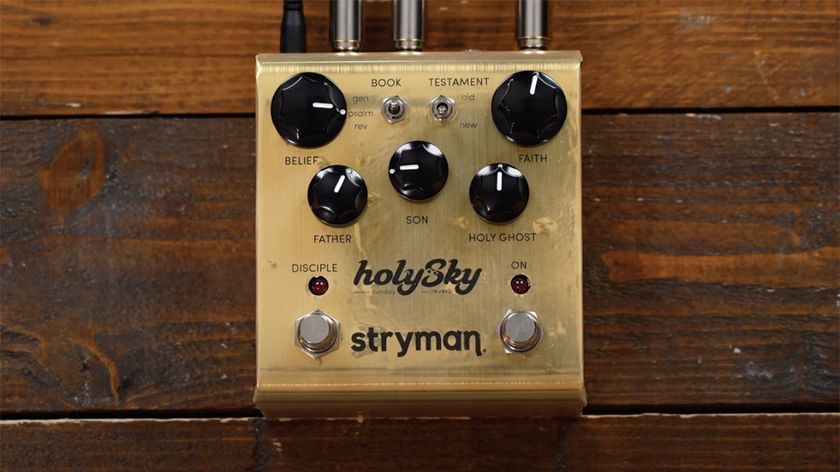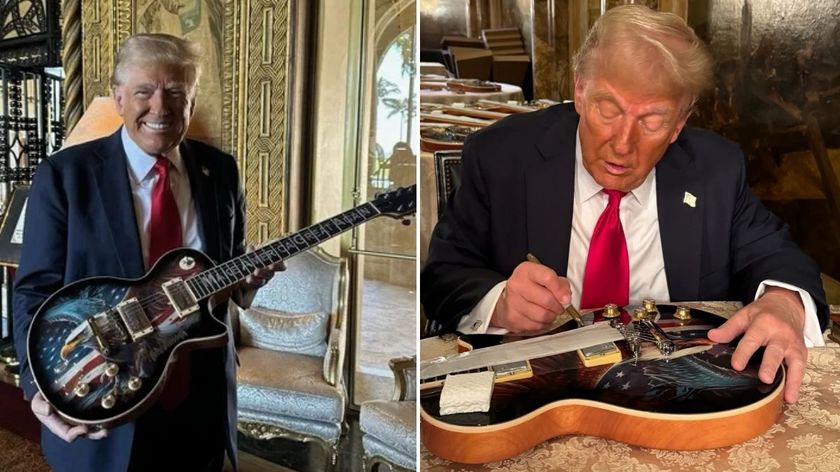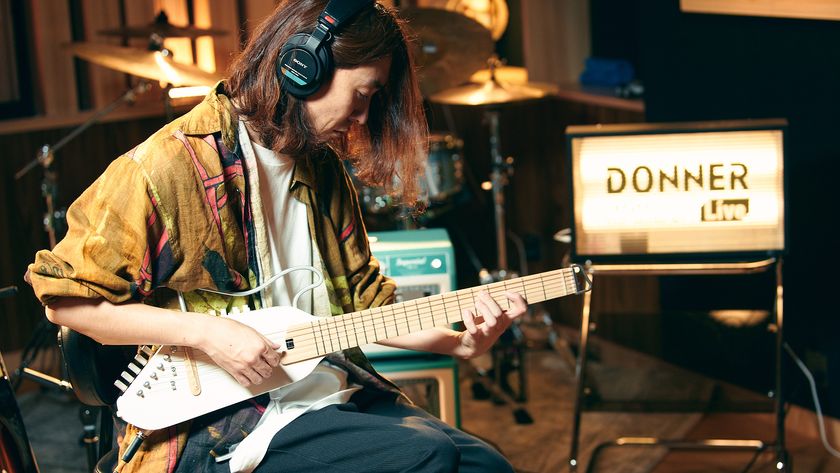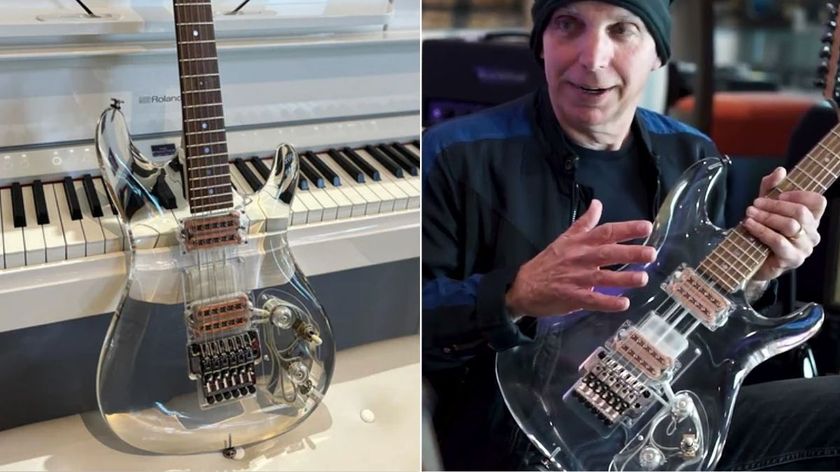Metal Mike: Navigating the World of Endorsements

Young musicians often ask me about endorsement deals and how to get them.
I think most can see an endorsement deal as beneficial to their career and, in a way, a positive nod from the music industry.
In most cases, however, players who ask me this question don't know how to go about getting one — and what an endorsement deal might actually look like.
In a nutshell, an endorsement agreement is a two-way street agreement between the artist (That would be you) and the company that manufacturers the equipment you're interested in endorsing. Remember that while you are interested in climbing the ladder of success, the company you're about to deal with also wants some return on whatever it will put into the relationship.
So here are some thoughts on endorsements.
First, you must be ready for a potential company to see you as a plus on the artist roster.
Before you approach a company whose gear you like, be ready to prove to them that you have music available that people like, have some sort of following and you are working hard on your craft. If anything, you have to convince them that your future’s looking promising. Regional or national touring, reviews in major publications or rabid fan following are a definite plus, but often not a necessity to obtain an entry-level endorsement.
Get The Pick Newsletter
All the latest guitar news, interviews, lessons, reviews, deals and more, direct to your inbox!
Every equipment-manufacturing company has a gatekeeper, or an artist relations representative who deals with signing new artists and managing existing relationships. Upon calling or e-mailing the company, you need to find out who that person is and, if possible, in what formats they accept new endorsement submissions.
Most like real product like CDs, while the bio, press clippings, tour flyers or chart positions can be digital. This isn't always the case, however, so you'll have to ask the correct questions. When you present yourself, it really helps to think from the other person’s point of view and ask yourself why you would endorse someone who has sent in your package.
Prepare to be diligent about all of this, including making the initial contact, because artist-endorsement reps can be busy people who get bombarded with e-mails and calls from musicians. Make a plan of attack and stick with it. It's always best if you can connect with the artist relations rep directly and they know to expect your package.
Upon sending in your package, wait a couple of weeks before following up.
WHO GETS ENDORSED
I asked an endorsement rep from a major pedal company about the criteria regarding who they endorse; he said that, in his case, there are three major categories:
1. Less-known artist who works hard at their craft and has something to prove for their hard work (CD, shows, reviews, etc.)
2. Major artists that are so good for the company to associate with that it’s a no-brainer. A new deal with them means more sales of their product because the artist is very popular.
3. Players the company simply likes. This could be a local guitar hero with likeable personality who shows a lot of promise. Sometimes it’s a simple as that.
WHAT’S THE DEAL
As you might imagine, if you do make it onto the artist endorsement roster, your deal might not look like the superstar artist that also sits firmly on top of the pecking order.
Entry-level endorsement might mean you get a percentage off the retail price of the product. That can be great in many ways. You get your favorite guitar cheaper, and you've raised your profile. It’s a great start.
The variety of deals is as wild as you can imagine. They can range from simply discounted equipment to a specific amount of free gear per year, to tour support, advertisements in major publications and company catalogs, signature equipment lines and so forth. The brighter the “brand” of the artist, the more involved you will find the agreement.
Of course, the more popular the artist, the more demands he or she will have on the endorsing company as well. Both sides will look for commitments. For example, a touring artist might want to know about things such as distribution of the product they endorse in various parts of the world.
In some situations, it is not uncommon to leave your main backline, such as guitar heads and cabinets, home while you do concerts in Europe. As an artist, you will want to know if your endorsement company can provide you with loaner equipment in various countries. If you're a well-known artist, the endorsing company might want to know if you can open parts of your schedule for photo shoots, music convention appearances, YouTube product demos and the like. That goes back to the two-way street I mentioned earlier.
In the earlier entry stages, however, the manufacturer will simply ask you to talk about their product in relevant interviews and will allow you to post their logos on your website, music releases and publicity shots. This can be a very nice thing to have. In return, it can open some doors in getting other endorsements, getting auditions or gigs, etc.
Simply put, an affiliation with a well-known company gives you street credit.
Some agreements, especially at this stage, are not very formal and might not even include a contract from both sides. It depends on the company. If you do sign a contract, you can expect a short document stating how long is the endorsement good for, whether it is an exclusive or non-exclusive deal, what is your artist discount and a couple other minor clauses.
As your profile grows, you might be asked to perform clinics and workshops for the manufacturer, maybe even develop a signature product or be a guinea pig who tests new, unreleased equipment that's in the development stage.
It's fun to be involved, and I enjoy giving my feedback to my endorsing companies, on whatever they might be developing. Deals might get more formal and specific at this stage.
As you navigate through the world of endorsements, it's important to keep in mind that not all companies work alike. You might find that some don’t mind working with lesser-known artists; some consider only high-profile players and bands. There are some killer companies out there, no matter how big or small, who take care of their artists.
Good luck — and endorse the gear you believe in!
- Thanks for reading,
- Metal Mike
Polish-born Metal Mike Chlasciak has recorded or performed with heavy metal greats Rob Halford, Sebastian Bach, Bruce Dickinson and Axl Rose. Mike is the long-time guitarist for Judas Priest frontman Rob Halford's solo endeavor, Halford. Mike's new album, The Metalworker, is due in spring. For more info, check out his official website and visit him on Twitter.
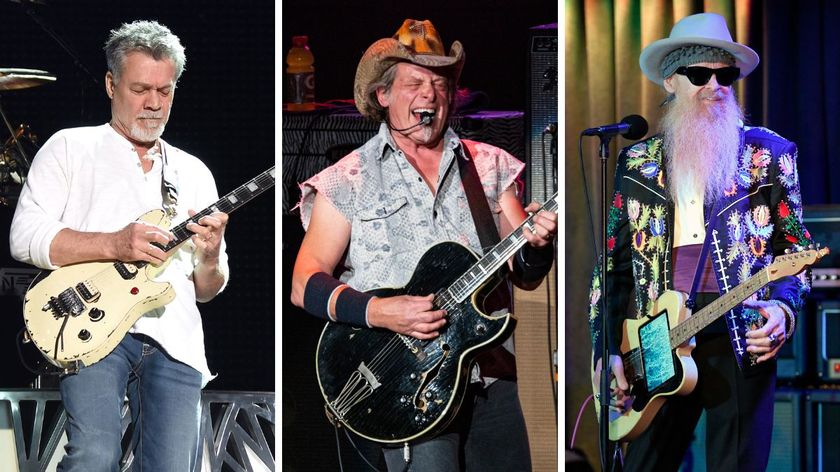
“Who doesn't want to hear the recording of Ted Nugent and Eddie Van Halen jamming?” Ted Nugent's colossal archive includes sessions with EVH, Billy Gibbons and the Mothers of Invention
![Adrian Smith [left] and Richie Kotzen pose with an HSS S-style and Telecaster respectively.](https://cdn.mos.cms.futurecdn.net/DqivbKgc2aXLoykDT3h5mN-840-80.jpg)
“I started on guitar because I wanted to be in a band and meet girls. Richie wanted to be a guitar player, because he wanted to play guitar”: Adrian Smith and Richie Kotzen come from different worlds, but it all comes back to the blues
